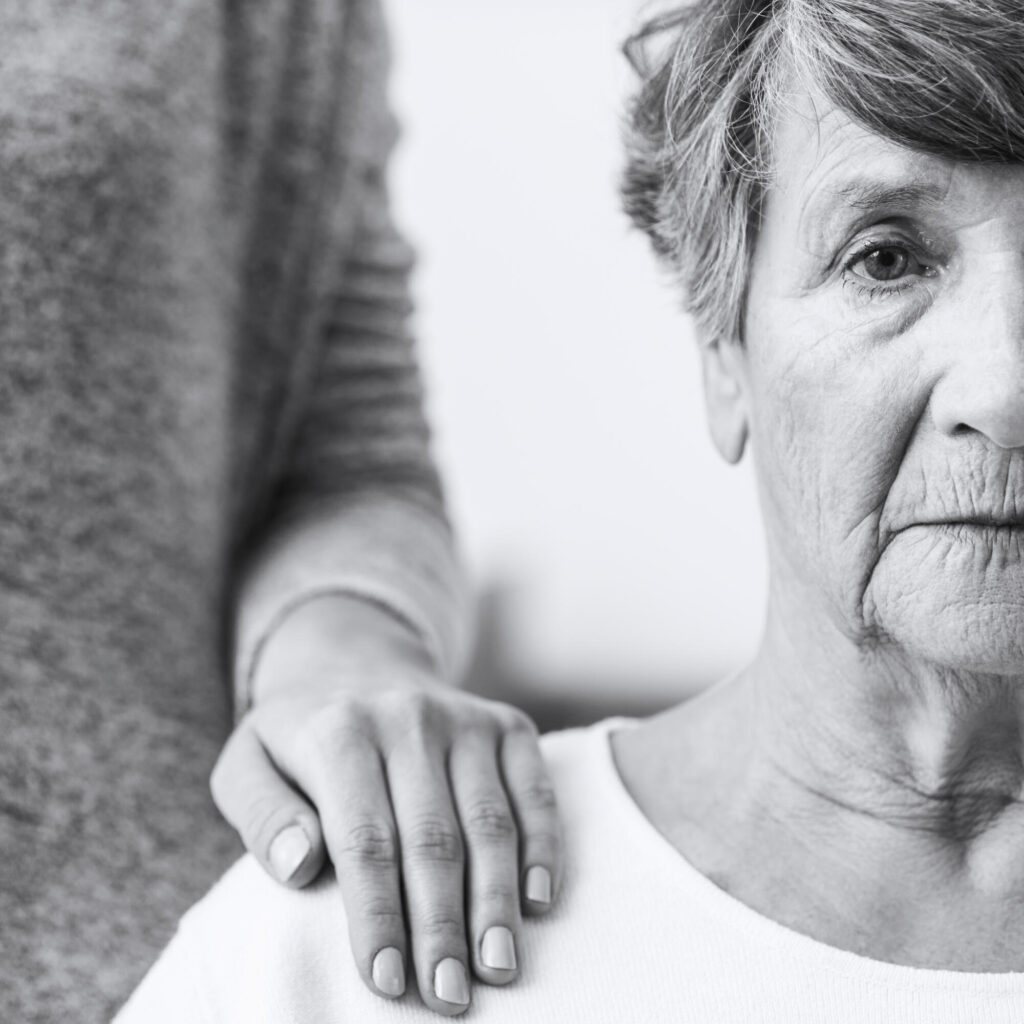Mental health is important for everyone, no matter their age. But for seniors, mental health can be harder to manage. As people grow older, they may go through big life changes-retirement, losing loved ones, health problems, or feeling lonely. These changes can lead to issues like depression or anxiety.
Sadly, many older adults don’t get the help they need because of the stigma or shame around mental illness. Read on.
Why Stigma Is a Big Problem
Many seniors grew up in a time when mental health wasn’t talked about. Back then, people believed that having a mental health issue meant you were weak or broken. These beliefs still affect older adults today.
Because of this, they may feel too embarrassed or ashamed to ask for help. Even when they do have symptoms, they might stay quiet or try to handle them alone.
Mental Health Symptoms Aren’t Just “Old Age”
It’s also common for signs of mental illness to be confused with normal aging. For example, if a senior starts forgetting things, sleeping too much, or avoiding people, others may think it’s just part of getting old.
But these could be signs of depression or early dementia. That’s why it’s important for family members, caregivers, and doctors to know what to look for-and to take it seriously.
Education Can Change Minds
One of the best ways to support seniors is through education. We need to talk more about mental health and let older adults know it’s okay to ask for help.
Community programs, local events, or even small group talks can make a big difference. The goal is to show that mental illness is nothing to be ashamed of-and that help is available.
Making Mental Health Care Easier to Access
Even if a senior wants help, getting it can be hard. Many face problems like not having transportation, money, or health insurance. Some live in areas without nearby clinics or specialists.
Telehealth (online therapy) can help with this, especially for seniors who have trouble getting around. Services should also be adjusted for older adults-therapy that works for young people might not be the best fit for seniors.
Families and Caregivers Matter
Family members and caregivers play a key role. Just being there to talk and listen can help a lot. Encourage seniors to stay active, such as:
- join clubs
- volunteer
- do hobbies
- attend senior centers
Being social helps reduce feelings of loneliness, which is a major cause of poor mental health in older adults. Visit one of the best facilities to learn more, such as the stigma around mental health.
What Policy Can Do
Laws and programs also need to support older adults. Governments should fund more mental health programs for seniors and make sure doctors get special training in geriatric care. Older adults should be included in national mental health plans, not left out.
Everyone Deserves to Feel Mentally Well
Mental health matters at every age. We must fight the stigma around mental illness in seniors and make sure they know it’s okay to seek help.
Aging with dignity means caring for both the body and the mind. With more awareness, better care, and stronger support systems, we can help seniors live fuller, healthier lives.
If you want to read more articles, visit our blog.






